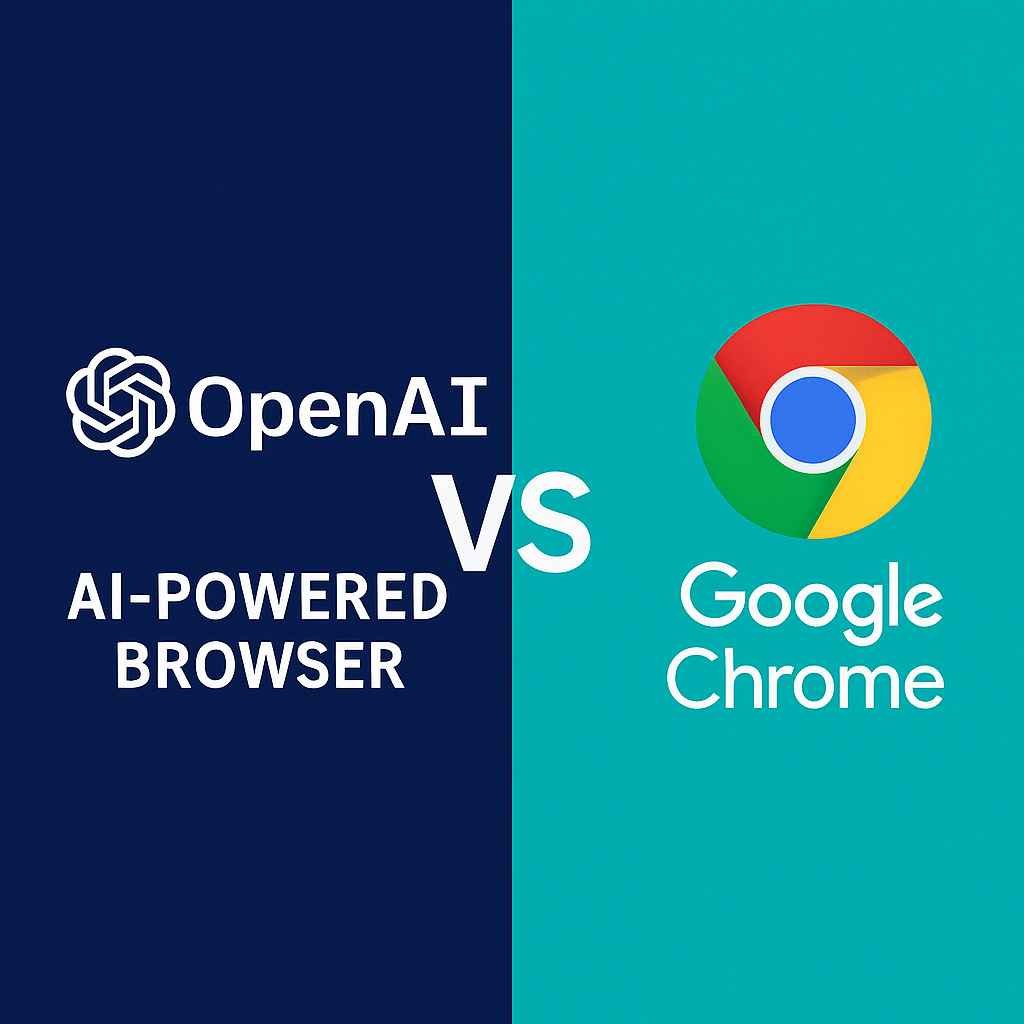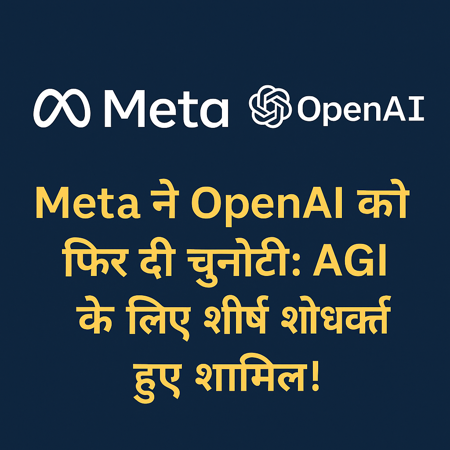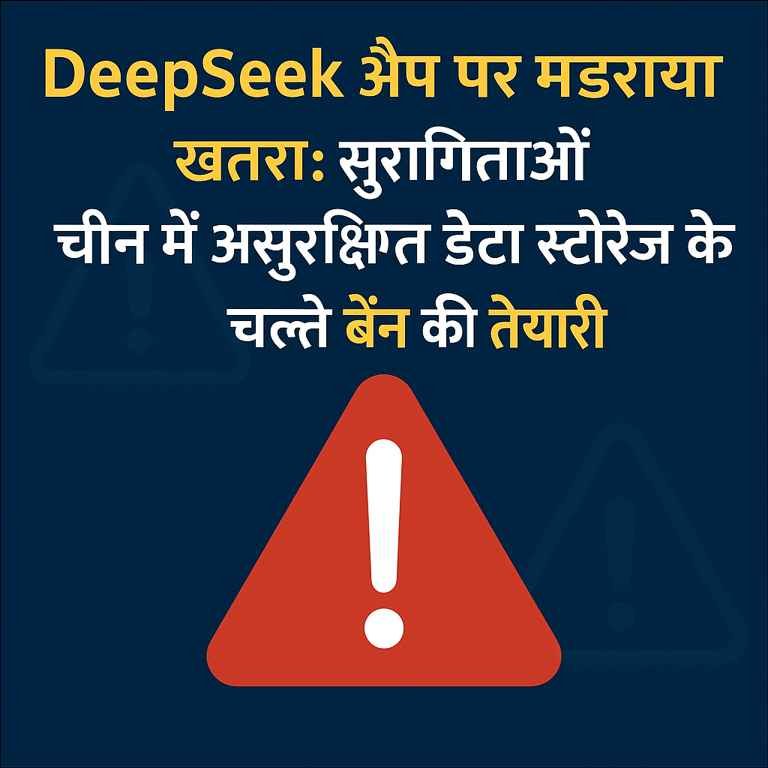OpenAI is preparing to disrupt the browser landscape. In the coming weeks, the company will launch a brand‑new, Chromium‑based web browser powered by its flagship conversational AI, ChatGPT, integrated with the ambitious “Operator” agent. The move marks a direct challenge to Google Chrome’s global supremacy—and highlights a bold play to rewrite the rules of online interaction.
AI at the Heart of Browsing
The upcoming browser merges traditional web navigation with a native chat interface similar to ChatGPT. Instead of clicking through website after website, users can converse directly with the browser: asking it to fetch information, summarize content, fill forms, or even complete online bookings—all from within a chat pane.
Powered by “Operator,” OpenAI’s agent can actively complete tasks—like making reservations or submitting forms—on behalf of users within the browser, eliminating friction between intent and action. This is not just convenience; it’s a paradigm shift in user experience.
Strategic Data & Ad‑Revenue Implications
Chrome’s dominance—boasting over 3 billion users and two‑thirds of the browser market—is a cornerstone of Google’s advertising empire. It gives Alphabet invaluable user insights that fuel its massive ad business. OpenAI’s new browser threatens to break that cycle by offering an alternative that keeps user interactions within its own AI ecosystem.
If even a small portion of ChatGPT’s enormous user base adopts this browser, it could result in a significant shift in data flow—and eventually ad revenue. For OpenAI, owning the browser means owning how people interact with the internet, not just via a plugin, but at the very interface layer. That’s a huge leap forward.
Challenge Accepted: Tough Competition Ahead
But the path to browser dominance won’t be easy. OpenAI faces stiff competition not only from Chrome, but also from emerging AI-first browsers like Perplexity’s “Comet,” The Browser Company’s “Dia,” and Brave’s AI-enhanced offerings—all aiming to redefine the browsing experience.
OpenAI has strengthened its team by hiring talent with deep experience from Chrome’s development team, indicating serious intent. Still, convincing billions of users—and content publishers—won’t be simple. Some publishers already express concern that AI-driven browsing might reduce direct traffic to websites, potentially impacting their ad revenues.
What This Means for Users & the Web Ecosystem
- Streamlined browsing: Conversational, task‑oriented, and AI‑driven—this browser is designed to reduce friction and time spent jumping from page to page.
- Privacy & data control: OpenAI’s integrated stack could offer better privacy and data transparency compared to existing browser-ad network entanglements.
- Market disruption: Google’s potential loss of browser traffic is more than just technical—it could shake the foundations of its ad-driven business model, especially as regulators grow more watchful.
At its core, OpenAI’s browser signals a shift from passive content consumption to active, AI-assisted decision-making—where the browser anticipates and executes user needs. It’s a bold challenge to decades of dominance by traditional browsers—and a clear signal that the next era of web usage is conversational, agent-driven, and deeply personalized.
Despite its global dominance, Google Chrome is far from flawless. Over the years, users have tolerated several pain points—ranging from resource consumption to privacy concerns—simply because no alternative felt compelling enough. But OpenAI’s upcoming ChatGPT browser might just be the first serious threat, not because it replicates Chrome, but because it reimagines what a browser can be.
1. Heavy RAM Usage and Battery Drain
Chrome has long been criticized for being a memory hog. Open too many tabs, and your device slows to a crawl. Background processes multiply, even for idle tabs. On mobile devices, Chrome is notorious for draining battery life faster than most apps. While Google has made some optimizations over the years, the issue remains largely unresolved.
OpenAI’s ChatGPT-powered browser—built around AI delegation—promises a much lighter footprint. Instead of juggling multiple open tabs, users can ask the browser to fetch or summarize content on demand. This not only reduces resource load but also enhances system stability and power efficiency.
2. Tab Overload and Poor Session Management
Chrome’s tab system, though powerful, often leads to clutter. Users commonly leave dozens of tabs open—many of which are forgotten—creating a chaotic and overwhelming interface. While tab groups and bookmarks exist, they require active user organization, which most don’t maintain consistently.
OpenAI’s approach replaces this clutter with context-driven recall. You don’t need to remember where you saw that article or PDF. Simply ask the browser, and it retrieves the information. This is browsing reimagined through memory and conversation, not manual tab sorting.
3. Privacy Concerns and Data Collection
As a product developed by an advertising-driven company, Chrome has built-in incentives to collect user data. Despite privacy controls and incognito modes, Chrome still collects a wide range of behavioral information that supports targeted advertising and user profiling.
OpenAI’s browser aims to take a different approach. Rather than monetizing user attention, it’s focused on assistance. If its design respects user privacy and avoids selling or leveraging data for ads, it could offer a compelling alternative for those seeking a more ethical and transparent browsing experience.
4. Limited Automation for Repetitive Tasks
While Chrome supports extensions, it still relies on user input for repetitive tasks. Whether it’s filling out forms, copying data, or navigating through redundant workflows, much of the burden is manual. Autofill is helpful but doesn’t go far enough in dynamic scenarios like customer support chats or complex web forms.
OpenAI’s Operator agent changes that equation. Booking flights, summarizing articles, or handling simple web interactions can now be done through simple prompts. This transforms the browser into a doer, not just a viewer—providing a more seamless, task-completing experience.
5. Lack of Emotional UX or Guided Browsing
Chrome is efficient, but it’s not emotionally intelligent. It doesn’t help users prioritize what matters or suggest more focused workflows. You’re left to manage your cognitive load entirely on your own—browsing can often feel like multitasking chaos.
OpenAI’s browser has the potential to shift that. Want a digest of today’s news without doomscrolling? Ask for it. Need help comparing multiple products? Just say so. It’s less about navigating and more about guiding—and in doing so, it introduces a new level of personalization and emotional intelligence to the browsing experience.
While Chrome may still hold the crown in terms of market share, its design philosophy is beginning to feel outdated. The biggest flaw? Treating users like task executors instead of thinkers. OpenAI’s ChatGPT browser sees you differently—not just as someone browsing, but as someone trying to get things done. And that shift may be exactly what pushes the industry forward.



